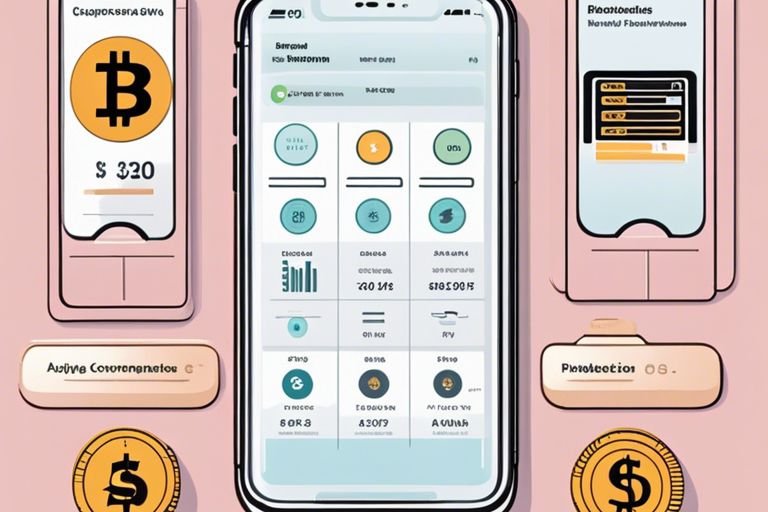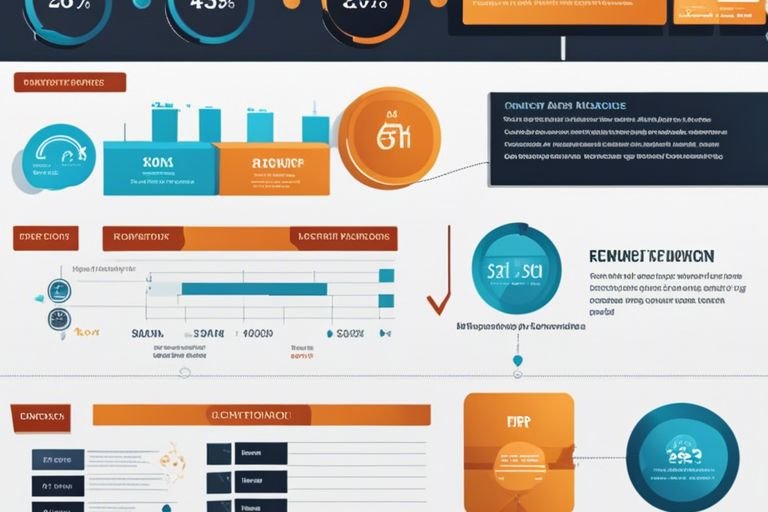How can accounting software development support the transition to digital currency and blockchain technology?

Embrace the revolutionary changes in the financial landscape with the integration of accounting software development tailored to meet the demands of digital currency and blockchain technology. As you embark on this journey, you will discover the crucial role of accounting software in ensuring the accuracy, security, and efficiency of your financial transactions in the digital realm. With the transparency and immutability offered by blockchain technology, accounting software becomes your powerful ally in navigating the complexities of digital currency, providing real-time visibility into your financial data and facilitating seamless, trustless transactions. Let us explore how accounting software development can empower you to embrace the future of finance.
Understanding the Basics
For accounting software development to support the transition to digital currency and blockchain technology, it is essential to understand the basics of these technologies. By grasping the fundamentals, you will be better prepared to integrate them into your accounting processes and systems, improving efficiency and accuracy in financial management.
Fundamentals of Digital Currency
Digital currency, also known as cryptocurrency, is a form of currency that exists solely in electronic form. Unlike traditional currencies issued and backed by governments, digital currencies operate independently of a central authority. Transactions involving digital currency are secured by cryptography and recorded on a decentralized public digital ledger called a blockchain. One of the most important aspects to consider about digital currency is its decentralized nature, which eliminates the need for intermediaries such as banks and financial institutions, thus reducing transaction costs and increasing efficiency.
Key Concepts of Blockchain Technology
Blockchain technology is the underlying technology behind digital currencies, but its application extends far beyond just financial transactions. A blockchain is a distributed and immutable ledger that records transactions across a network of computers. Each block in the chain contains a cryptographic hash of the previous block, creating a secure and transparent record of transactions. What makes blockchain particularly noteworthy is its immutability and transparency, ensuring that once a transaction is recorded, it cannot be altered, providing a high level of security and trust in the data.
Integration Challenges and Solutions
Some of the main challenges when integrating accounting software with digital currency and blockchain technology include compatibility issues, data security concerns, and the need for new reporting standards. However, these challenges can be overcome with the right approach and tools.
Adapting to Cryptocurrency Transactions
When integrating accounting software with digital currency, you need to consider the unique nature of cryptocurrency transactions. Unlike traditional currencies, cryptocurrencies are highly volatile and can have tax implications. You also need to ensure that your accounting software can handle multiple cryptocurrencies and accurately reflect their value in your financial statements. Additionally, you need to be able to track and report on cryptocurrency transactions in compliance with relevant regulations. This may require the integration of specialized cryptocurrency accounting tools and the development of new reporting features in your accounting software.
Ensuring Security and Compliance in Blockchain
Integrating blockchain technology into accounting software brings new security and compliance challenges. Blockchain is a decentralized, immutable ledger that requires a different approach to data management and security. When integrating blockchain with your accounting software, you need to ensure that your system can securely interact with blockchain networks and that your data remains accurate and tamper-proof. You also need to consider the regulatory implications of using blockchain for financial transactions and reporting. Ensuring compliance with data privacy and financial regulations while using blockchain technology is crucial for maintaining the trust of your clients and stakeholders.
Remember that adapting to cryptocurrency transactions and ensuring security and compliance in blockchain are crucial for successfully integrating accounting software with digital currency and blockchain technology.
Features of Next-Gen Accounting Software
Not only does the next-gen accounting software support the digitization of currency and blockchain technology, but it also offers a range of innovative features to enhance efficiency and security in financial transactions. These features play a crucial role in adapting to the rapidly evolving landscape of digital currency and blockchain technology.
Real-Time Transaction Tracking
With next-gen accounting software, you have the capability to track financial transactions in real-time. This feature allows you to monitor every aspect of your digital currency transactions, ensuring transparency and accuracy in your financial records. Real-time transaction tracking provides you with the ability to trace the flow of digital currency, detect any irregularities, and take immediate action, thereby ensuring the security and integrity of your financial data.
Smart Contracts and Automated Compliance
Another key feature of next-gen accounting software is the integration of smart contracts and automated compliance protocols. By leveraging this feature, you can streamline the execution of financial agreements and transactions through smart contracts, which are self-executing and enforceable, thereby reducing the need for intermediaries and minimizing the risk of fraud. In addition, automated compliance mechanisms ensure that your transactions adhere to the regulatory requirements, providing you with peace of mind and assurance that your financial operations are in compliance with the latest regulatory standards.
Case Studies and Industry Adaptations
To further understand the impact of accounting software development in supporting the transition to digital currency and blockchain technology, let’s delve into some real-world case studies and industry adaptations. These examples will shed light on the practical application of accounting software in the context of digital currencies and blockchain technology.
1. XYZ Corporation: XYZ Corporation, a multinational company, integrated blockchain technology into its accounting processes. Through the use of advanced accounting software, they were able to streamline their international transactions and reduce the time and costs associated with traditional banking systems.
2. ABC Financial Services: ABC Financial Services adopted digital currency accounting software to manage their clients’ cryptocurrency portfolios. By leveraging the capabilities of the software, they were able to provide real-time reporting and ensure compliance with evolving regulatory requirements.
3. DEF Tech Startup: DEF Tech Startup utilized accounting software tailored for blockchain technology to automate their invoicing and payment processes. This resulted in improved efficiency and accuracy, allowing them to focus on their core business operations.
Success Stories in Digital Currency Accounting
Several organizations have successfully implemented accounting software to manage and account for digital currencies. By doing so, they have experienced greater transparency, efficiency, and security in their financial operations. With real-time visibility into digital currency transactions, these companies have been able to make informed decisions and enhance their overall financial management.
Lessons Learned from Early Adopters
Early adopters of digital currency accounting software have gained valuable insights into the challenges and opportunities associated with this technology. They have learned the importance of security measures and compliance in handling digital assets. Additionally, they have recognized the need for continuous education and adaptation as the digital currency landscape evolves.
The Future of Accounting Software with Digital Currency
Now that digital currency and blockchain technology are becoming more prevalent, it’s important to consider how this will impact the future of accounting software. As a professional in the field, you need to stay ahead of the curve and understand the potential implications of these advancements on your work.
Predictions and Trends
As digital currency continues to gain momentum, it’s likely that accounting software will need to adapt to accommodate this shift. This may include features that allow for seamless integration of digital currency transactions, as well as advanced reporting capabilities to track and analyze these transactions. Additionally, blockchain technology is expected to revolutionize how financial data is recorded and verified, potentially reducing the need for traditional accounting practices.
Preparing for a Blockchain Dominated Future
As you prepare for the future of accounting software, it’s crucial to understand the potential impact of blockchain technology. While it may streamline processes and enhance security, it could also pose challenges in terms of data management and privacy. You’ll need to stay informed about the latest developments in blockchain technology and be prepared to adapt your accounting practices accordingly.
With the rise of digital currency and blockchain technology, the landscape of accounting is rapidly evolving. As a professional, it’s essential to stay informed about these changes and be proactive in exploring how accounting software can support the transition to a digital currency and blockchain-dominated future.

Conclusion
Following this discussion, you can see that accounting software development plays a critical role in supporting the transition to digital currency and blockchain technology. By integrating features that accommodate digital currency transactions and blockchain technology, accounting software can streamline financial processes, improve accuracy, and enhance security. This integration also allows businesses to adapt to the evolving landscape of financial technology, positioning them for success in the digital economy. With the continued advancement of digital currency and blockchain technology, it is essential for accounting software developers to prioritize the integration of these capabilities to meet the needs of businesses and individuals embracing the digital future.



